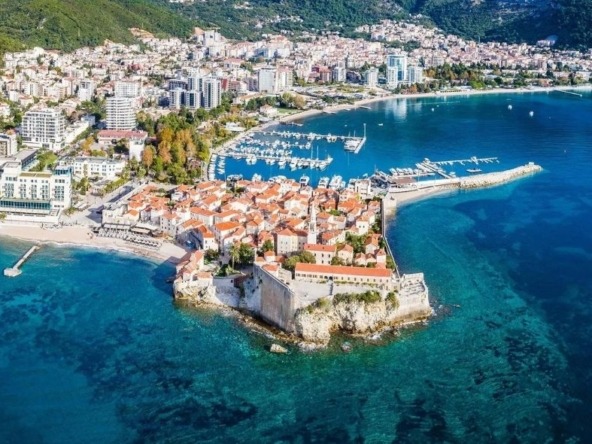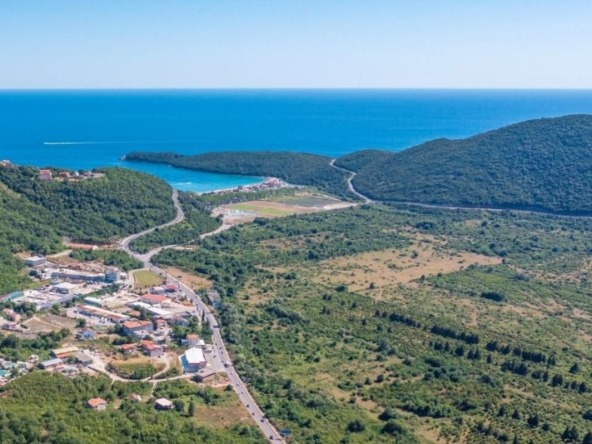Montenegro has become a hotspot for foreign real estate investment, thanks to its stunning landscapes, favorable climate, and strategic location along the Adriatic coast. For those looking to invest in or move to Montenegro, understanding the country’s property laws is essential. This guide provides an in-depth look at the legal processes and potential pitfalls associated with buying property in Montenegro, specifically tailored for foreign investors and buyers.
Understanding Montenegro’s Property Market
Before delving into the specifics of property laws, it is important to recognize the broader context of the Montenegro property market. Montenegro’s entry into NATO and its ongoing negotiations for EU membership make it an increasingly stable and attractive investment destination. The real estate market here offers diverse opportunities, from luxury coastal properties to rustic homes in the mountains.
Legal Framework for Buying Property
Buying property in Montenegro is straightforward compared to many other countries, but there are specific legal steps that must be followed:
- Property Search and Due Diligence: The first step is to identify a property that fits your needs. Once you find it, comprehensive due diligence is crucial. This includes verifying the property’s legal status, ensuring there are no outstanding liens or encumbrances, and confirming that the property is registered in the land registry.
- Engaging with a Real Estate Agent: It is advisable to work with a reputable real estate agent who is familiar with dealing with foreign buyers. They can provide valuable insights into the local market and help navigate the legal complexities.
- Legal Representation: Hiring a local attorney is essential. They will handle all legal matters, including the verification of documents and the drafting of the sales contract. Your attorney will also ensure that the property’s seller is the rightful owner and that all paperwork is in order for the sale.
- Sales Agreement and Notarization: Once your lawyer has confirmed the property’s legal standing, a sales agreement can be drafted. This agreement must be notarized before the sale can proceed. Notarization formalizes the document, making it a legally binding contract under Montenegrin law.
- Payment and Transfer of Ownership: After the sales agreement is notarized, payment can be made. Ownership is transferred once the payment is complete, and the new ownership must be registered in the Montenegrin land registry.
Common Pitfalls in Montenegrin Property Law
Foreign buyers should be aware of several potential pitfalls when investing in Montenegrin real estate:
- Incomplete Documentation: Ensure all property documents are complete and updated in the land registry. Missing or outdated documents can lead to legal complications.
- Zoning and Planning Restrictions: Be aware of any zoning restrictions or future development plans that could affect your property.
- Cultural and Historical Restrictions: Some properties, especially in older towns like Kotor, are protected due to their historical value, which can restrict modifications or renovations.
Tax Considerations
Understanding the tax implications is also crucial for foreign real estate investment in Montenegro. Here are the key points:
- Property Transfer Tax: Montenegro levies a property transfer tax, which is generally 3% of the property’s market value. However, this can vary depending on local municipal regulations.
- Annual Property Tax: The annual property tax rate varies by municipality and property value but is generally low compared to other European countries.
Conclusion
Investing in Montenegro’s real estate market offers significant opportunities, but it requires a thorough understanding of local property laws. By adhering to the legal framework and being aware of potential pitfalls, foreign buyers can navigate Montenegro’s property laws effectively and secure their investment. Whether seeking a new home or an investment property, Montenegro offers a promising market in a beautiful and strategically located country.


